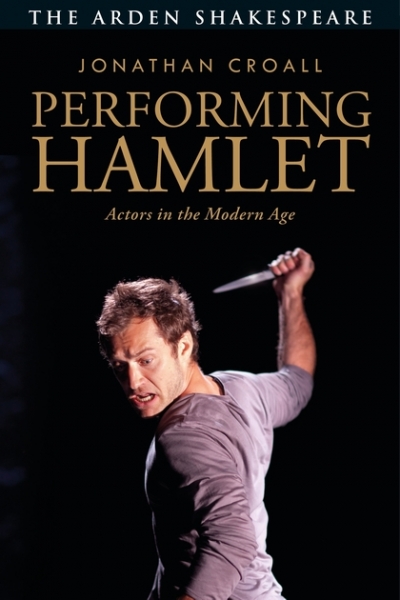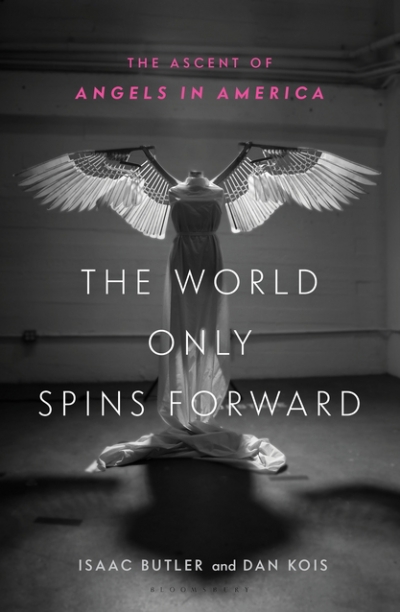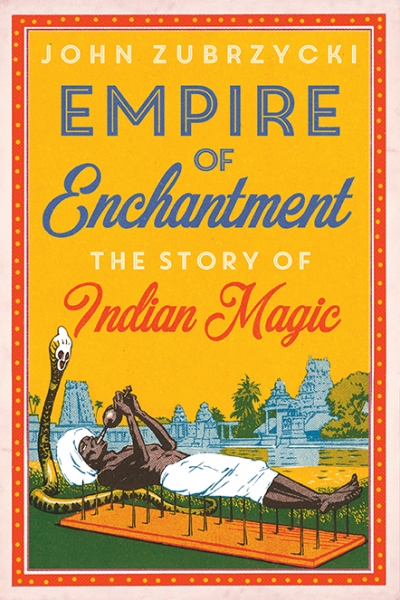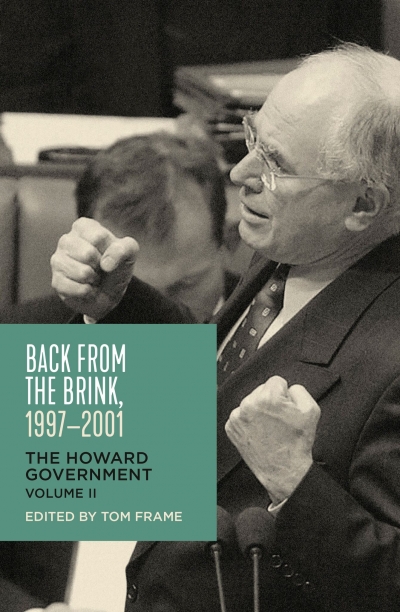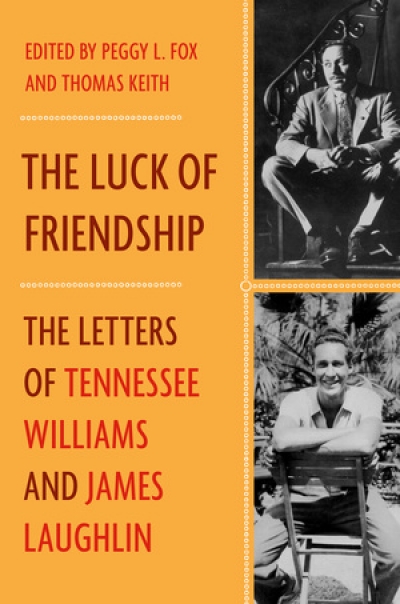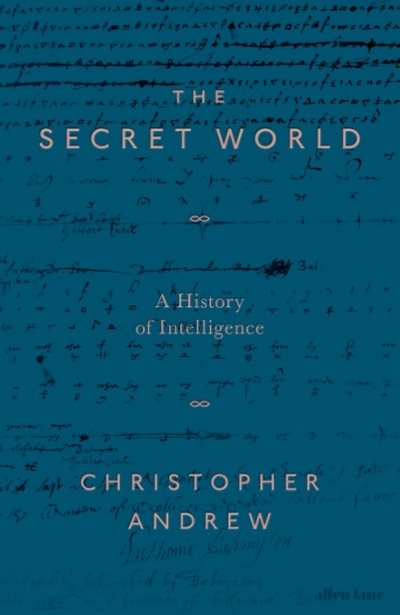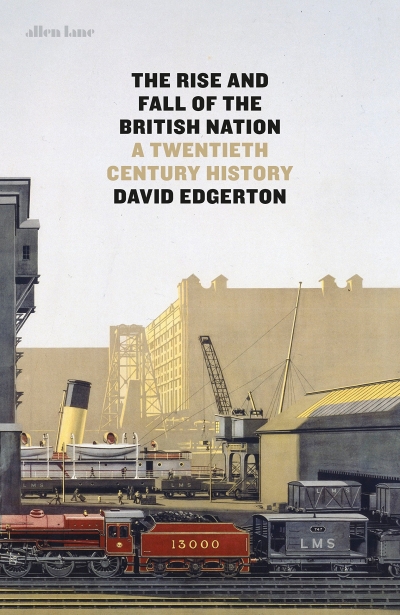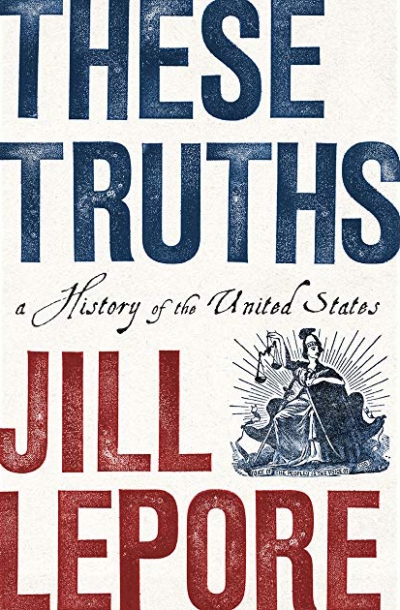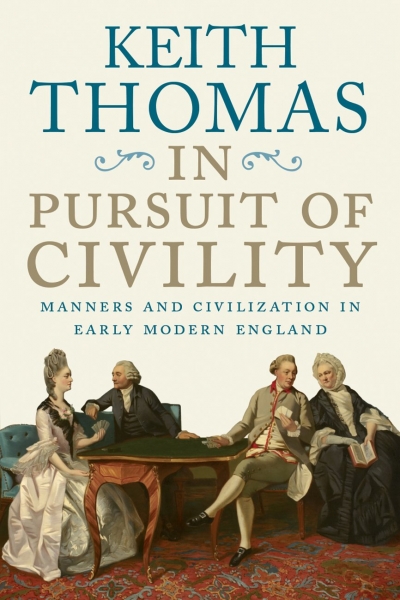Non Fiction
Performing Hamlet: Actors in the modern age by Jonathan Croall
by Brian McFarlane •
The World Only Spins Forward: The ascent of angels in America edited by Isaac Butler and Dan Kois
by Tim Byrne •
Empire of Enchantment: The story of Indian magic by John Zubrzycki
by Alexandra Roginski •
Back from the Brink, 1997–2001: The Howard Government Volume II edited by Tom Frame
by Lyndon Megarrity •
The Luck of Friendship: The letters of Tennessee Williams and James Laughlin edited by Peggy L. Fox and Thomas Keith
by Ian Dickson •
The Environment: A History of the Idea by Paul Warde, Libby Robin, and Sverker Sörlin
by James Dunk •
The Secret World: A history of intelligence by Christopher Andrew
by Kyle Wilson •
The Rise and Fall of the British Nation: A twentieth-century history by David Edgerton
by Simon Tormey •
These Truths: A History of the United States by Jill Lepore
by Ben Vine •


